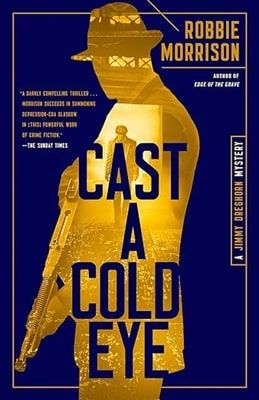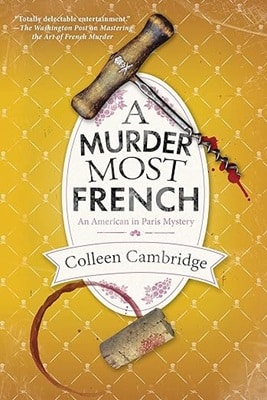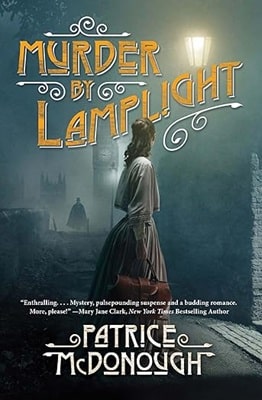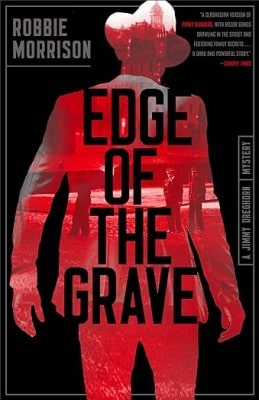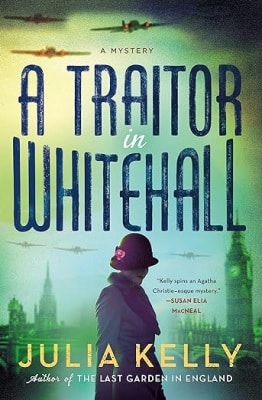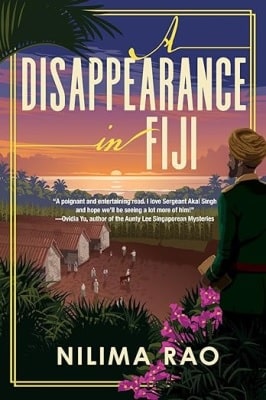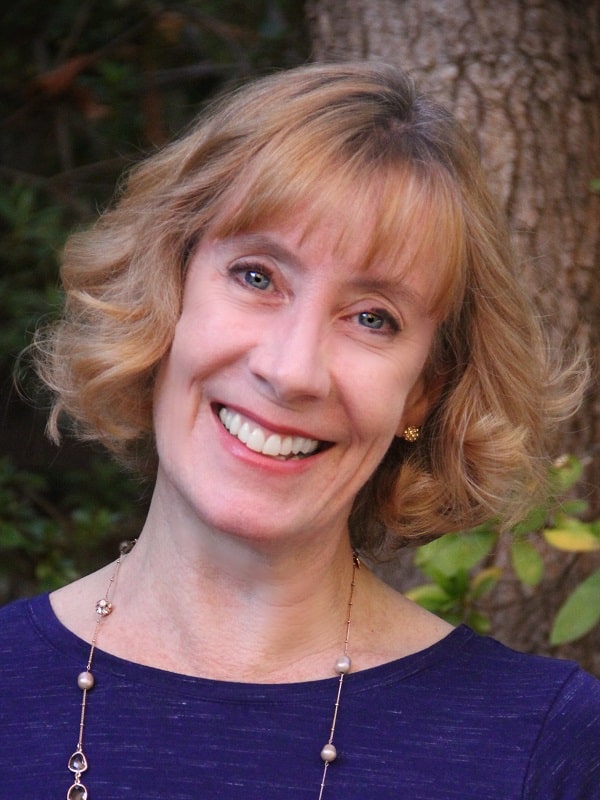
Sarah Sundin enjoys writing about the drama and romance of the World War II era. She is the bestselling and Christy Award-winning author of Embers in the London Sky (February 2024), The Sound of Light (2023), Until Leaves Fall in Paris (2022), When Twilight Breaks (2021), and several World War II series.
Sarah’s novels have received starred reviews from Publishers Weekly, Library Journal, and Booklist. Until Leaves Fall in Paris received the 2022 Christy Award and was a semi-finalist for the 2023 Carol Award, The Sound of Light, When Twilight Breaks, and The Land Beneath Us were finalists for the Christy Award, and The Sky Above Us won the 2020 Carol Award.
Q: Can you share the inspiration behind your novel’s story?
Sarah: While I was researching Until Leaves Fall in Paris, I read how the refugees fled from the Nazi armies in Belgium, Netherlands, and France. There were over a million on the road where some thrust their children into cars, figuring they would have a better chance than on foot. After the exodus they could not find their children and I read many classified ads looking for their children. This broke my heart. I used this to write the story.
Q: Your narrative intertwines multiple storylines. Could you delve into the complexity of these interconnected plots?
Sarah: Besides Aleida trying to find her child, she gets involved with those children evacuated to the countryside. She meets a BBC reporter, Hugh Collingwood who is reporting on the blitz. It seems appropriate to have a murder-mystery in London. During the war it was common for people to use bomb damage to cover their crime.
Q: Aleida is a central character in your book. How would you describe her journey and characteristics?
Sarah: She has an abusive husband who is ashamed of their three-year-old boy because he is missing some fingers. She lost her son when her husband thrust the child into a passing car while she was sleeping. Her husband dies in an air raid before he can tell her who has the child, so she has become very anxious. She is quiet, controlling, determined, and direct. Aleida is also intense, persistent, and wounded.
Q: Hugh plays a significant role in the story. What makes him a compelling character?
Sarah: Outgoing, people lover. Fascinated by people and their stories, which makes him a great reporter. He makes everyone feel like he is their best friend. He is also charming, reckless, and is from wealth. Having an aristocratic background has helped him achieve success with money, family connections, and education.
Q: The narrative explores the difficult choices parents made regarding their children’s safety. Can you expand on this theme?
Sarah: After the bombs started falling some parents still said no because they were being asked to send their child to a place they have never been, with people they did not know. That takes an incredible amount of trust. Then there were the children sent away with some who had a great experience because of the kind and understanding foster-type parents they stayed with. But there were others who had issues because they were urban children, many from the lower classes being sent into a rural middle-class environment. They had culture shock not to mention neglect and abuse, fortunately less common.
Q: There’s a significant quote in your book regarding the notion of suing for peace to save Britain. Could you explain the context and its relevance?
Sarah: Most of the English were determined to defeat Germany. This is a line taken by the Communists early in the war from September 1939 until June 1941 when the USSR was allied with Nazi Germany. The Communists were opposed and went out of their way to undermine the allied war effort. But once Germany invaded the USSR the Communists became the strongest members of the resistance and did a major flip. Since Britain is a free society, they had to figure out how to deal with these voices undermining the war. They did imprison the Fascists and shut down the Communist newspaper. Very interesting times, like what is happening today. People are saying things on both sides, completely horrific to society. In times of peace most western democracies avoid censorship as they should.
Q: Looking ahead, can you give us a sneak peek into your next book?
Sarah: It is coming out in February 2025, and we still are working on a title. Aleida’s cousin Cilla is in the Netherlands, involved with the resistance. She realizes she needs to escape. Because she is desperate, she signs up with Germany as a spy, transported to England, where she will disappear. Things do not go as she plans; she is met by a Scottish naval officer. MI5 turns her into a double agent and gives her the same liaison naval officer who captured her.
Embers In The London Sky by Sarah Sundin is a very riveting and compelling novel. In many ways it is relatable to what is going on today. Sundin takes readers on a journey along with the characters and they experience all the emotions.
As the German army invades the Netherlands in 1940, Aleida van der Zee Martens escapes to London to wait out the Occupation. Separated from her three-year-old son, Theo, in the process, the young widow desperately searches for her child, while working for an agency responsible for evacuating children to the countryside.
When German bombs set London ablaze, BBC radio correspondent Hugh Collingwood reports on the Blitz, eager to boost morale while walking the fine line between truth and censorship. But the Germans are not the only ones Londoners have to fear as a series of murders flame up amid the ashes.
The deaths hit close to home for Hugh, and Aleida needs his help to locate her missing son. As they work together, they grow closer and closer, both to each other and the answers they seek. But with bombs falling and continued killings, they may be running out of time.

